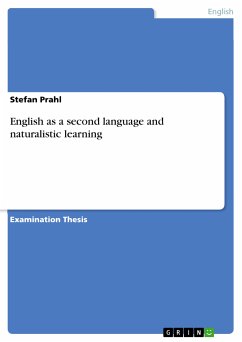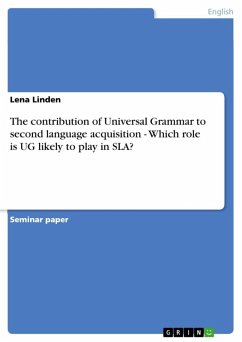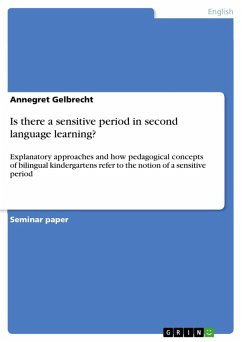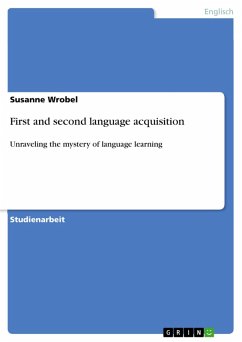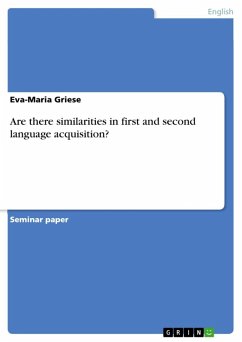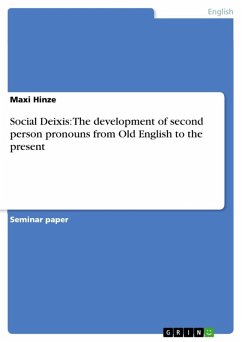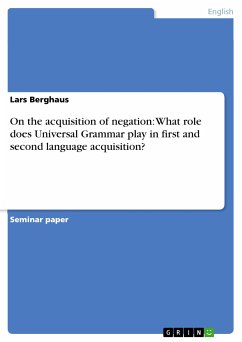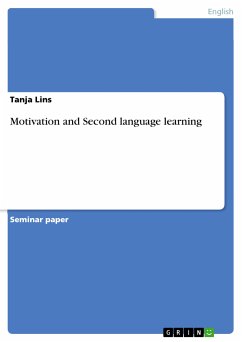Examination Thesis from the year 2001 in the subject English Language and Literature Studies - Linguistics, grade: 2 (B), University of Cologne (English Seminar), language: English, abstract: "How do we learn language ?" is both a very interesting and a very complex question. It has fascinated people for centuries to find an answer to that question, but so far only competing theories have come up. In 1965, Noam Chomsky invented the theory of a Universal Grammar underlying the structures of all languages and that babies were born with innate knowledge of this Universal Grammar. The idea has revolutionised language acquisition research. But only in the 1970s did researchers start to look at the acquisition of second languages as well as the first language acquisition. Since then, studies, theories and new research fields have sprung up at an amazing rate. In this essay, I will try to give an account on what second language acquisition research has found out so far and in what way these findings could probably be applied to improve the way pupils learn English in Germany. It will be necessary to differentiate between naturalistic and instructed language learning. Naturalistic language learning takes place if people are not explicitly taught the foreign language, but rather learn it by trying to communicate in it. Most studies relating to naturalistic language acquisition observe immigrants' children who do not yet go to school. Instructed language learning takes place in environments in which the learner is explicitly taught grammar and vocabulary of the foreign language, as in a classroom.
Dieser Download kann aus rechtlichen Gründen nur mit Rechnungsadresse in A, B, BG, CY, CZ, D, DK, EW, E, FIN, F, GR, HR, H, IRL, I, LT, L, LR, M, NL, PL, P, R, S, SLO, SK ausgeliefert werden.

